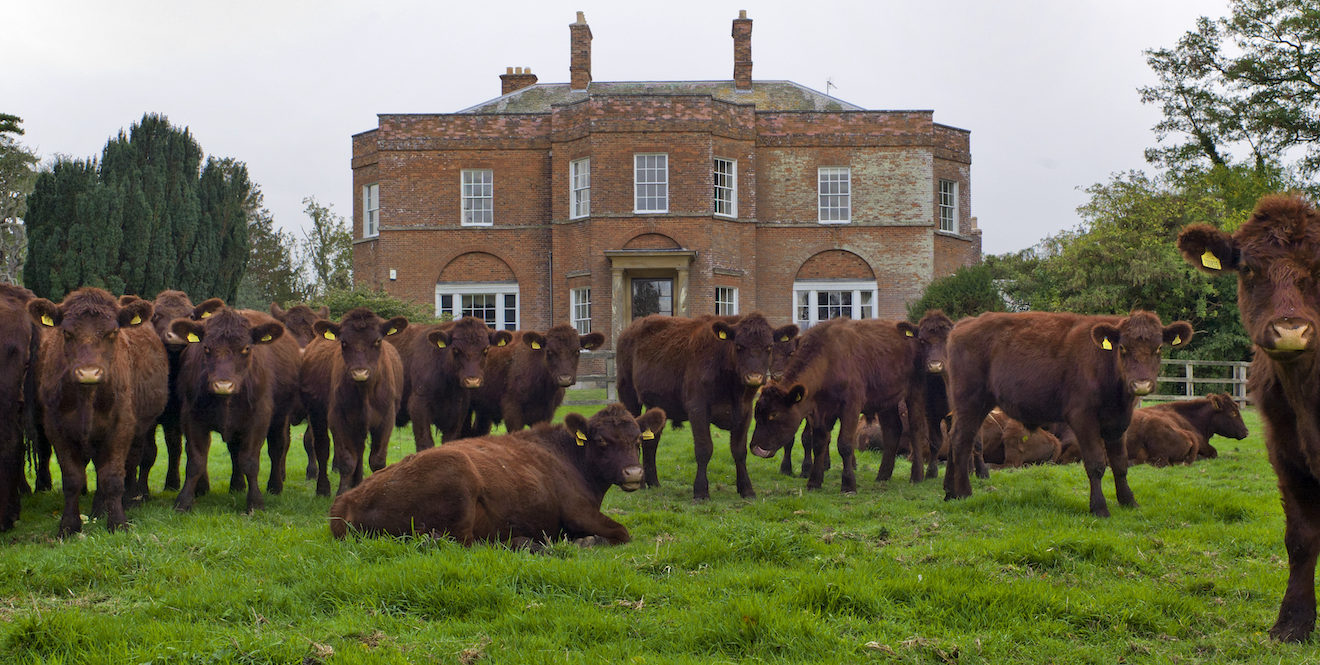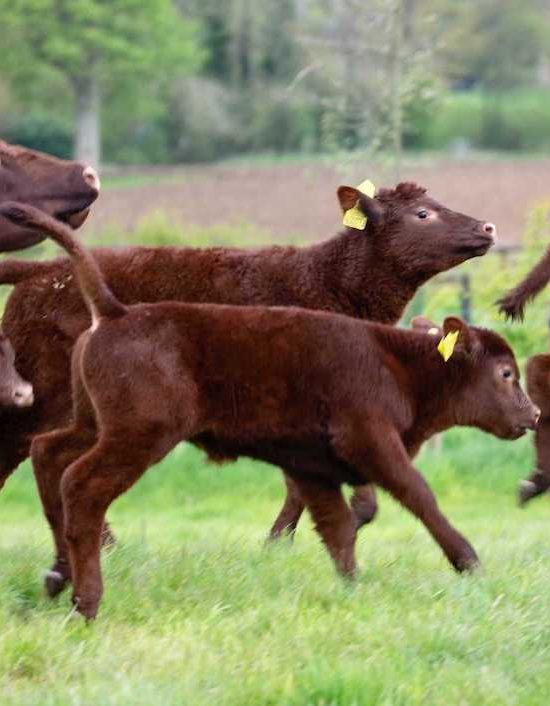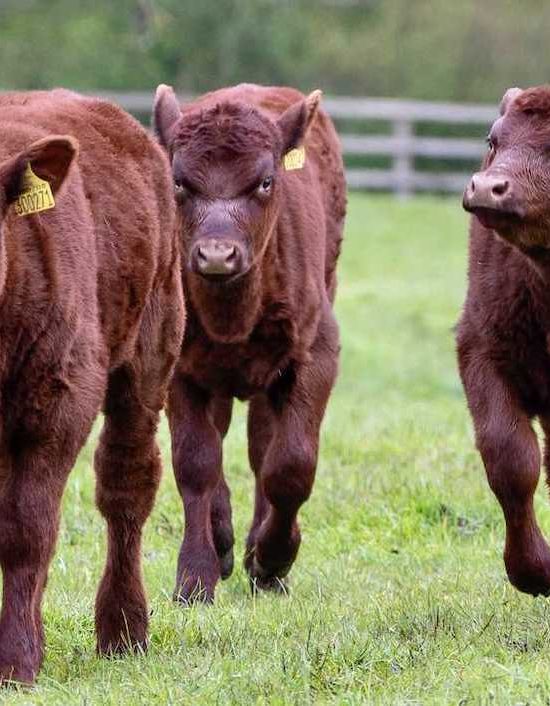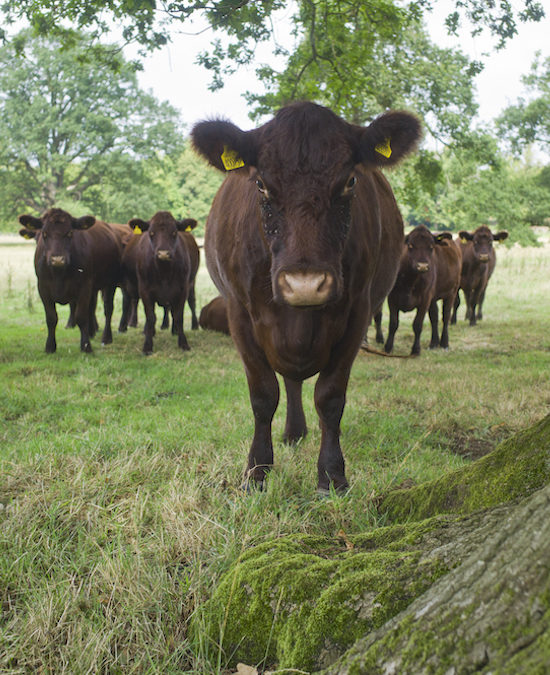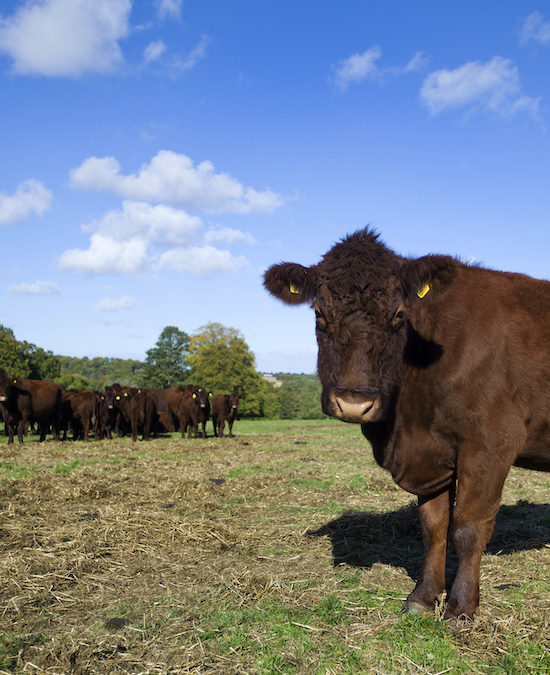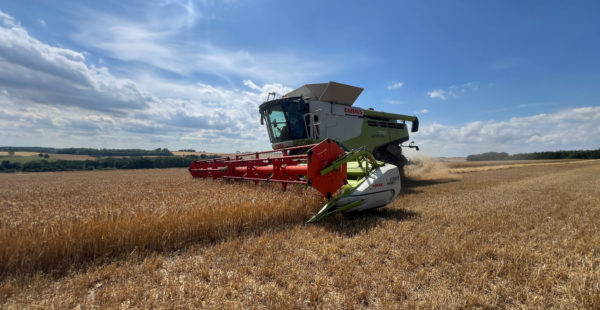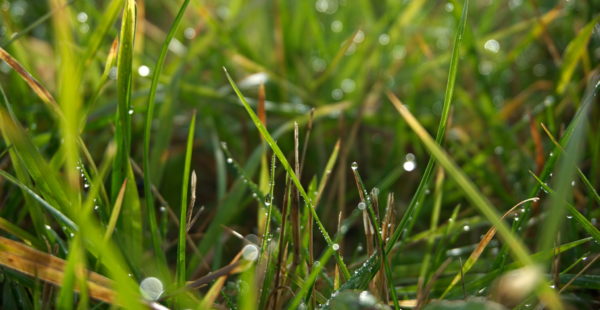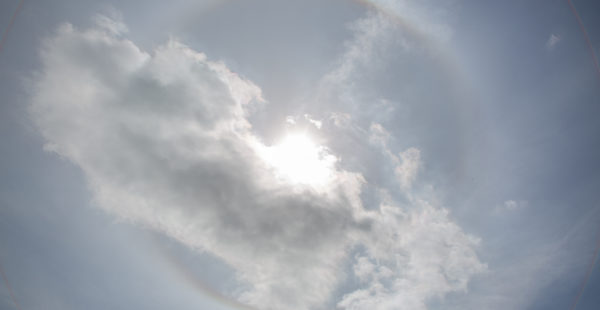Securing the future for Lincolnshire’s rarest heritage breed
It’s a sad fact that the love for convenient, consistent and cheap food over the last century has had a dramatic impact on farming and livestock around the world.
Over the last fifty years or more, many of the traditional crops and livestock which we used to value have lost out to the more commercially-friendly alternatives which fill supermarket shelves and dominate the market. While these products may not always taste as good, and they may be more detrimental to the environment, they have been meeting the apparent needs of consumers and retailers for almost half a century.
Chemical fertilisers, intensive farming and mass livestock production have become commonplace around the world and while these have excelled on a commercial level, slower-paced smaller-scale, more sustainable practices have lost out.
Nowhere can this be seen more clearly than in cattle.


